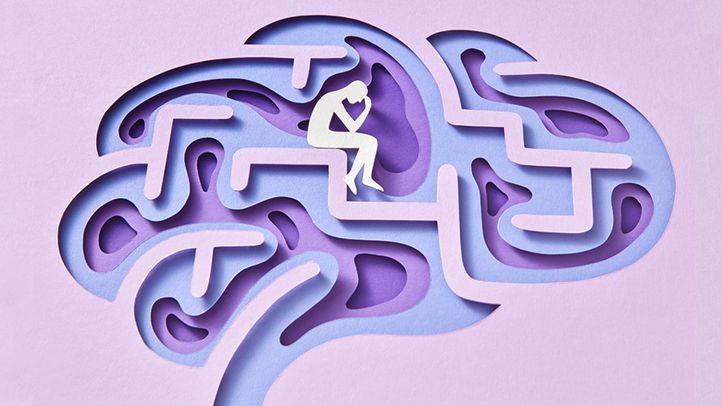Brain exercises to boost memory
May 24, 2023
2024-05-20 3:41
Brain exercises to boost memory

- Test your recall. Make a list — grocery items, things to do, or anything else that comes to mind — and memorize it. An hour or so later, see how many items you can recall. Make the list as challenging as possible for the greatest mental stimulation. One small past study suggested that writing and organizing lists helped older adults recall word lists more effectively.
- Let the music play. Learn to play a musical instrument or join a choir. Learning new and complex skills is good for the aging brain, and a past review published in The Gerontologist suggested that musical activities (like playing a musical instrument, singing in a choir, or taking piano lessons) showed particular promise for healthy brain aging, though research is limited.
- Do math in your head. Figure out problems without the aid of a pencil, paper, or computer. One small study, published in Advances in Experimental Medicine and Biology in 2021, suggested that solving math problems had a positive effect on participants’ cognition. You can make this exercise more difficult — and athletic — by walking at the same time.
- Take a cooking class. Learn how to cook a new cuisine. Cooking uses a number of senses — smell, touch, sight, and taste — that involve different parts of the brain. Plus, you’ll use cognitive skills like planning the meal, problem-solving, crafting a grocery list, multi-tasking, and organizing, according to the Cleveland Clinic.
- Learn a foreign language. The listening and hearing involved in learning a new language stimulates the brain. Plus, being bilingual was associated with a lower risk of developing dementia in one meta-analysis published in October 2020 in Psychonomic Bulletin & Review.
- Create word pictures. Visualize the spelling of a word in your head, and then try to think of other words that begin (or end) with the same two letters.
- Draw a map from memory. After returning home from visiting a new place, try to draw a map of the area. Repeat this exercise each time you go somewhere new. One past study, which focused on London taxi drivers (who are expected to memorize the complex layout of the city), found that drivers who successfully memorized the city map showed permanent changes to brain structure and better cognitive function.
- Challenge your taste buds. When eating, try to identify individual ingredients in your meal, including subtle herbs and spices.
- Refine your hand-eye coordination. Take up a new hobby that involves fine motor skills, and can help you keep your hand-eye coordination sharp. Per Harvard Health Publishing, this could include racquet sports, tai chi, knitting, drawing, painting, or playing video games.
- Learn a new sport. Start doing an athletic exercise. A review published in Frontiers in Psychology in December 2019 noted that boosting your balance, strength, and aerobic capacity — that is, your body’s ability to use oxygen for energy — can help protect your brain as you age. Morley specifically suggests yoga, golf, or tennis as exercises that boost brain health, while Harvard Health Publishing recommends swimming for its brain-boosting benefits.







